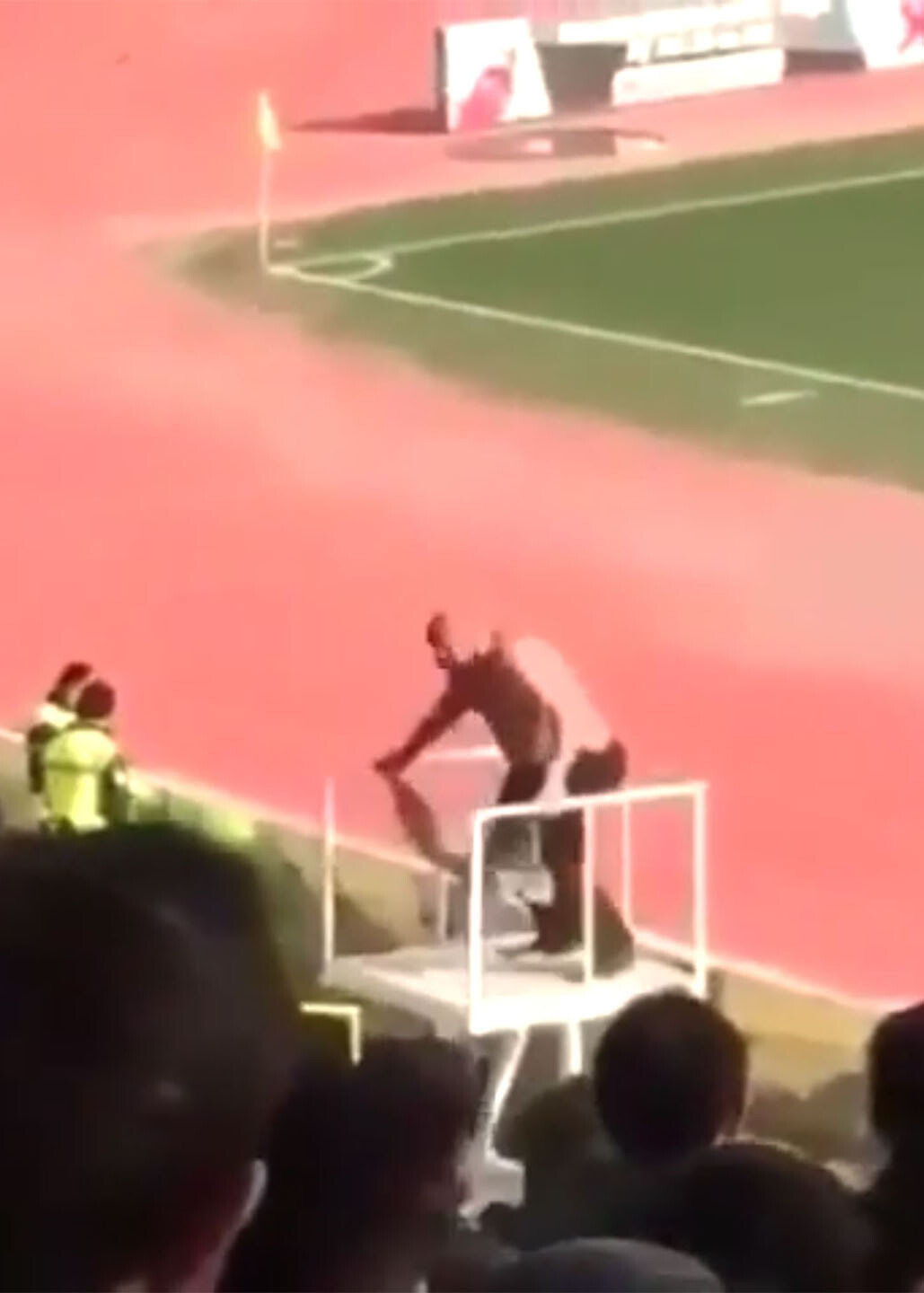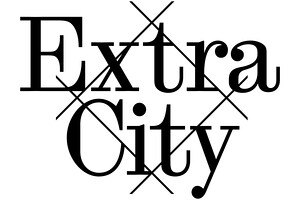The Group
May 13–October 8, 2023
Provinciestraat 112
2018 Antwerp
Belgium
Hours: Thursday–Friday 1–7pm,
Saturday–Sunday 11am–6pm
T +32 3 677 16 55
info@extracity.org
Curated by Joachim Naudts.
Kunsthal Extra City is proud to present the first institutional solo exhibition in the Benelux by Marcin Dudek (Poland, 1979). The Group brings together visual works and installations around the central themes of crowd psychology and the spectacle. Informed by his violent youth, spent among the hooligans at the hard core of football club KS Cracovia, Dudek’s work has been imbued with questions about safety and violence, group dynamics, family, but above all about our urge to belong.
Dudek grew up in the suburbs of Kraków in Poland as a child of the in-between generation. Hooliganism proved the ideal escape for youngsters caught between the late days of communism and the rise of hyper-capitalism. The street was Dudek’s living room and he soon became absorbed by the paramilitary group associated with KS Cracovia. There he found a group identity that transcended the dreariness of the grey apartment blocks of his area.
Dudek took leave of that close-knit brotherhood at the age of twenty-one and threw himself into art with enormous dedication. His work reads like a continuous autobiographical dialogue with that past and focuses on the rituals of his former subculture. Using many found and reused materials, he creates installations that exude a clear DIY attitude. The physical labour is part of his artistic process and often departs from an obsessive work ethic. Recurring motifs are hoodies and bomber jackets – clothing that may instill fear in outsiders but, paradoxically, a sense of safety and belonging in the wearer. Dudek’s recurring use of metal and fences also shares these conflicting emotions.
The Group brings together seven complex works in the former Dominican, neo-Gothic church in which Kunsthal Extra City is housed. Partly accentuated by this sacred architecture, a multitude of themes emerge: the human yearning for security, the structural similarities between religion and football, the de- and constructive nature of group dynamics and the constant human desire for spectacle.





